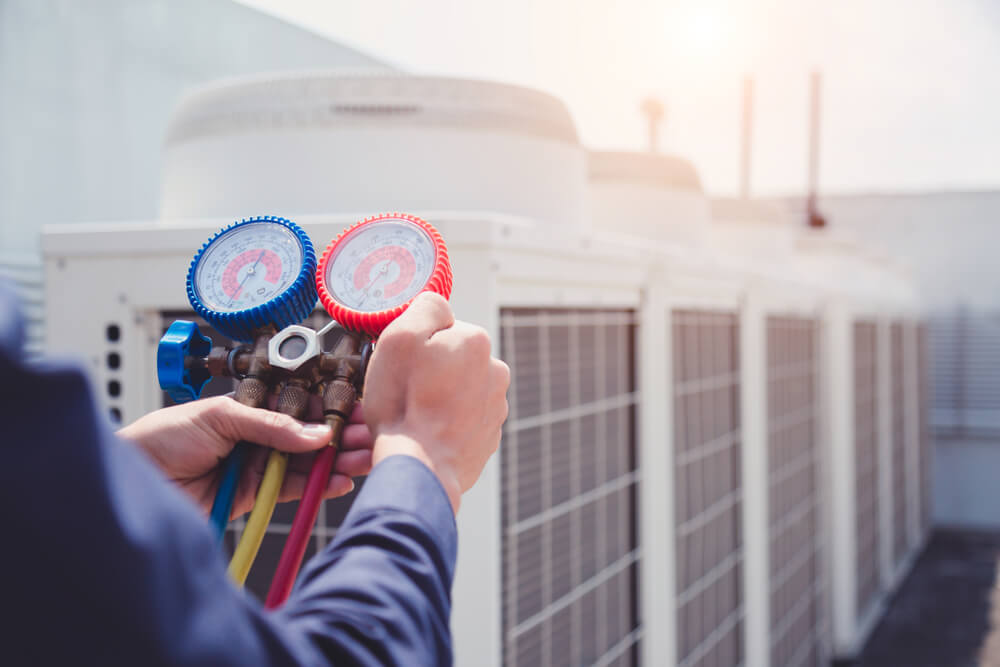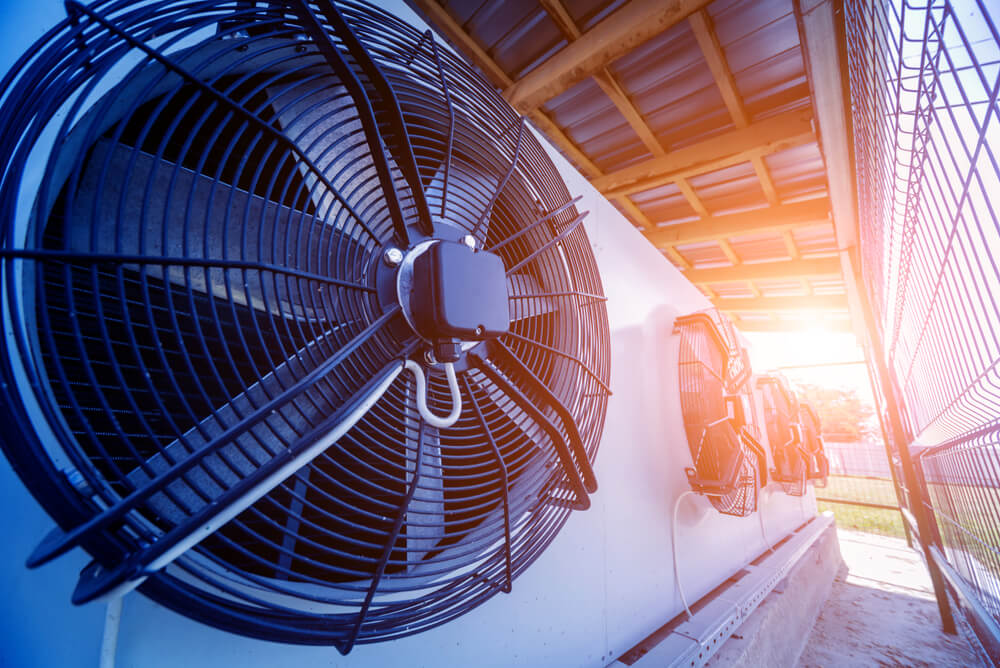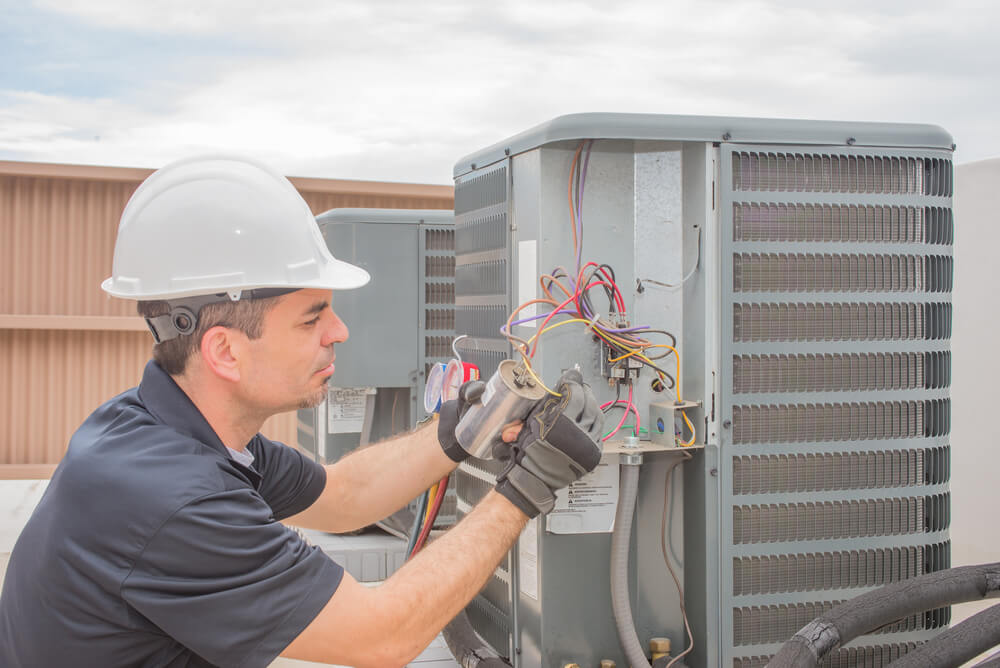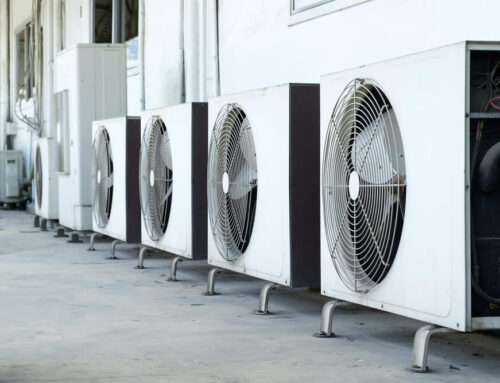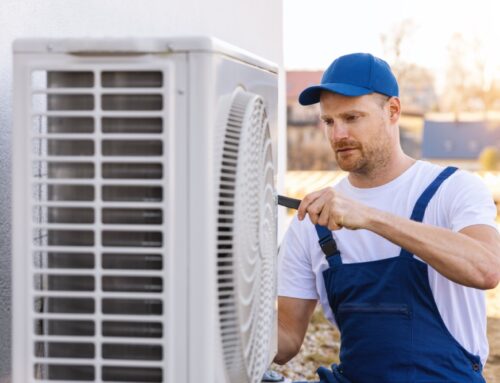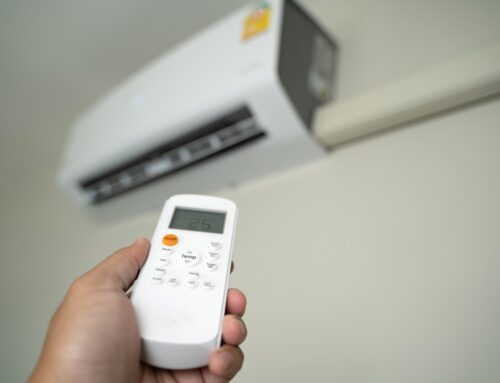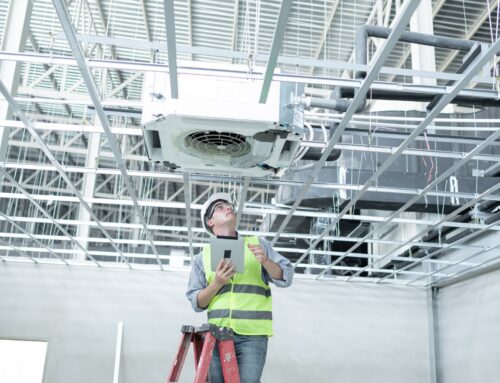Managing a facility or any type of commercial building means that managers have a myriad of different responsibilities, and often, the importance of having the correct type of HVAC system in their facility gets overlooked. The problem is that not opting for a suitable HVAC installation can lead to a loss of clientele and even income in some cases.
Commercial AC units are intricate systems, and there are many things to consider when choosing a commercial air conditioner.
That said, this article will help you understand everything there’s to know about these large systems. After reading the topic, feel free to contact us if you are interested in top-of-the-line commercial HVAC service and replacement in Miami.
Now, let’s get started.
What’s a Commercial AC Unit?
Commercial HVAC systems essentially take care of the building’s heating, air conditioning, and ventilation requirements, keeping the air quality and humidity levels in check.
These large systems distribute heated or cool air through the same ducts and with the help of the same thermostat, which is often programmable and can send several cooling and heating queues during the course of the day, just like traditional residential systems.
On the other hand, an intricate commercial AC unit may have DDC or direct digital controls. Most commercial buildings will highly benefit from DDC because of the better reliability and energy efficiency. DDC is operated through a central computer that monitors and controls temperature with the help of sensors. As a matter of fact, DDC can enable a commercial air conditioner to save on energy between 5% to 20%.
Types of HVAC Systems
When it comes to large commercial systems, four main configurations can be utilized in numerous ways.
In essence, here are the four main types of HVAC systems:
- Packaged variants: These are also referred to as all-in-one systems that come with an evaporator, condenser, compressor, fan coil, and an integrated thermostat. They are most often mounted to windows in commercial buildings (like hotels), enabling fine-tuning room temperatures. These HVAC systems are a great choice when there’s simply insufficient space to house larger units.
- Split units: these are usually connected to the central ductwork of a building. They are a great choice for smaller commercial facilities like smaller stores and restaurants, and each area may be controlled individually.
- RTU HVAC or Rooftop unit: These systems you usually see on flat roofs with weather-resistant housing cases. These are all-in-one systems that come fully assembled out of the box. RTU HVAC systems may only come with heating or cooling features, but often, they’ll do both. Generally, these are simple and easy-to-install, quiet systems that won’t take up space in the actual building; however, they might not be as long-lasting and might require more maintenance because of their location. Also, experts will usually recommend installing newer RTU HVAC systems, as older models tend to perform poorly regarding energy efficiency.
- VRF systems: These are relatively new, ductless systems that use heat recovery systems to do their job. The characteristics of VRF systems allow for more advanced temperature customizability, and generally, the indoor system takes up very little space and can be around 30% more efficient than ducted commercial air conditioners. On the downside, VRF systems are expensive and will also need a backup condenser if you want to be prepared for a major malfunction.
Commercial AC Unit vs. Resiedential Unit
Let’s find out how commercial air conditioners differ from the AC you have at your home.
- Size: As RTU HVAC, packaged, and split systems have to cater to larger buildings, these units will be larger than home ACs, often weighing several tons.
- Location: Home systems will have the attic’s furnace and the backyard’s outdoor unit. Large commercial units are often located on the roof to save on space and to act as an effective noise barrier.
- Economizers: Commercial AC units are able to flush out heat and bring in cool air, lowering the overall energy output, minimizing HVAC system use, and improving ventilation.
- Zones: Most probably, commercial units will give different areas in the building the freedom to customize temperatures.
- Ventilation and more elaborate Drainage: Because of the building’s larger size, these systems will also have ventilation features and more pipes to manage humidity.
- Costs: Ultimately, Commercial systems are more expensive than residential units.
Maintenance
With commercial HVAC installation, repairs will also be a bit more expensive; this is why regular maintenance is imperative to keep everything in check. Unfortunately, maintenance costs will also be higher, and these systems will most probably require more frequent visits from technicians (at least four maintenance sessions a year).
Most often, maintenance will include:
- Monitoring for smells and noises
- Filter replacement
- Checking the thermostat
- Seal checks
- Duct and insulation inspection
- Drain and pan cleaning
- Checking the pipes for leaks and corrosion
- Cleaning the components from dust and debris
- Inspecting the wires and electronic equipment
- Checking for efficiency
- Checking every component of the system
Still, each building is different and will often need an individualized checklist to make sure that the system is running at optimal levels.
Common Commercial AC Unit Problems
With a more extensive, more complex system, you will also have to encounter several problems that might not be so common with residential units.
Here are the most prevalent issues:
- Short cycling compressors: The compressor keeps rebooting before completing the cooling cycle. This can be caused by refrigerant leakage, thermostat problems, or blocked air filters.
- Leaking refrigerant: Oily valves, service ports, the air isn’t blowing, compressor short cycling – all telltale signs of refrigerant leakage.
- Dirty filters: Clogged filters will block airflow and temper efficiency and probably shorten the lifespan of the unit.
- Noises: Noise will be a telltale sign of refrigerant leaks, loose ducts, unbalanced fans, and more.
- Dirty condenser coils: Accumulated debris, dust, leaves, animal hair, and leaves can reduce heat transfer and temper cooling efficiency.
- Economizer problems: A malfunctioning economizer will compromise temperature sensors and the system dampers.
- Clogged drains: Slime buildup can clog the drain, leading to reduced air quality, and the accumulated water can potentially damage the building.
- Loose evaporator belt: This can reduce fan speed, and the coil will freeze.
Getting The Most Out of Commercial Units
Taking care of commercial; HVAC systems is essential as faulty units can potentially lead to a decrease in revenue and clientele. Also, malfunctioning systems can lead to a decrease in air quality, affecting the health of the guests and staff. Nobody wants to eat at a stuffy restaurant or sleep at a hotel covered in sweat all night.
That’s why maintenance is essential regarding these systems. As such, if you think that something might be going on with the AC unit at your facility, feel free to reach out to our experts today.

